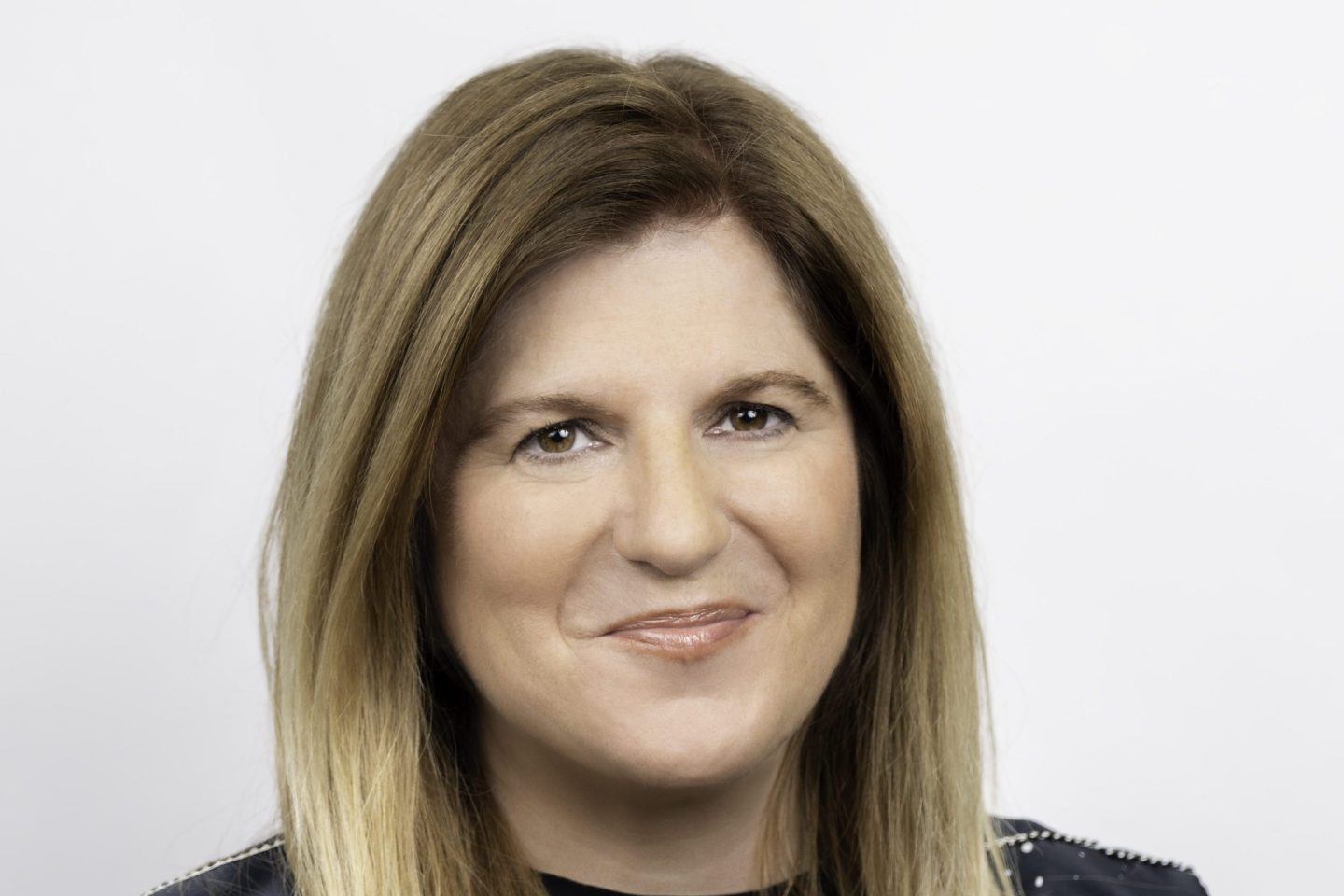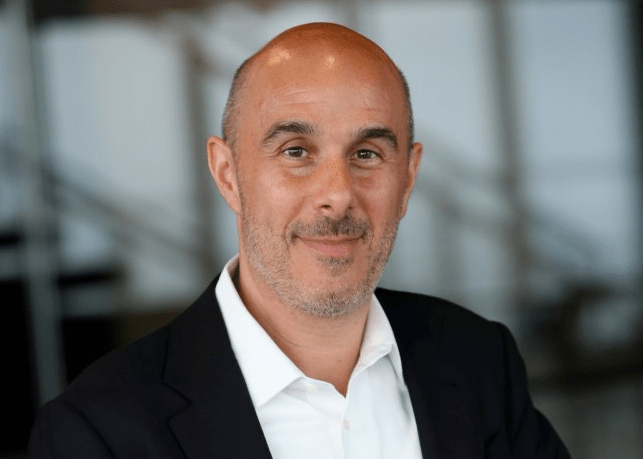Lorraine Twohill is Chief Marketing Officer at Google.
During a recent lunch conversation, a female business founder and friend turned to me and asked “Lorraine, am I being left behind?”. This sentiment captures how a lot of people are feeling about artificial intelligence right now.
There is a lot of excitement, for sure. Artificial intelligence will help solve problems, big and small, from diagnosing cancer to fighting climate change, or just by helping us be more productive.
Mixed with this excitement, there is also fear. Fear of not understanding the technology. Fear of making a mistake. And, like this entrepreneur, fear of missing out.
If you empathize, you’re not alone. In a recent survey, only 32% of business leaders said that their company has broadly adopted AI. We are all still figuring out how to bring the benefits of AI to our teams—and what success even looks like.
If I’ve learned anything in my 20 years at Google and 30 years in the advertising industry, it’s that we shape technology by using it. And this process isn’t linear.
With AI, we are all still testing and learning how to translate this technology into value. So now is the time when everyone can experiment and start playing around. AI tools are already available—and there’s no need for advanced training or coding knowledge to take part.
But not enough of us are doing this right now.
It starts at the top. As leaders, we’ve got to get hands-on and use AI tools at work—and in life. We need to play around with as many different use cases and solutions as possible.
AI tools can now find that one email from my kids’ school with all the important dates, summarize entire work email threads, give me feedback on how our creative work will be received, or gift me with a genius line of poetry.
We also need to give our teams permission to innovate. Ideas come from everywhere and often from where you least expect it. Encourage your teams—whether they’re in operations, marketing, sales, or engineering—to try various AI tools.
At Google, we strive to cultivate a culture of curiosity, where people try, fail, and try again—regularly sharing what works and what doesn’t. Our dogfooding program is one way we encourage everyone to use early product features. In a hackathon we recently hosted, people pulled teams together from across the company and imagined entirely new ways to use AI.
There is no wrong way to experiment. Identifying a specific pain point is one way companies get started—whether it’s an e-commerce retailer using generative AI to write product descriptions at scale or a graphic design platform that makes video creation faster with AI.
To help inspire others, we recently published a list of how over 100 businesses use AI. We also just launched a course to help everyone from small businesses to nonprofits and governments use AI.
Like many of us heading to the Cannes Lions, I have a particular interest in how AI will transform marketing. There is a perception among some that AI is going to threaten the very nature of creativity. I disagree.
Creatives have long embraced major technological transformations. They use them as opportunities to try new things, often long before others, and, ultimately, ignite all our imaginations. When creativity and technology intersect, we can do extraordinary things.
I’m lucky enough to work alongside some of the very best creatives in the world. Even they will tell you that a blank sheet of paper can be terrifying. So put the horror of the first terrible draft on an AI. Spare yourself. Then be brilliant.
AI can also save marketers countless hours. At Google, we use AI to generate several versions of an ad in the time it would have taken to create just one in the past. And we use AI to translate ad copy and deploy campaigns across 150 countries.
Like any tool, AI has limitations. That’s why humans remain essential. When we use AI to translate ad copy, a real person reviews every single piece before it goes live. AI can enhance the brilliance and judgment of our teams, not replace it. It can help us put out better work more quickly and at scale, but not without strong human judgment.
So what would I tell my business owner friend today? That this is just the starting line.
The future of AI is not set. It will be shaped by our actions today. It’s on all of us to be curious. This curiosity is what drives amazing creativity and makes all of our work great.
It’s rare that we have an opportunity to shape the future together. Today is one of these moments.
More must-read commentary published by Fortune:
- Booz Allen Hamilton CEO: America needs a whole-of-nation approach in its great power competition with China
- NYC comptroller: Food delivery apps are blaming minimum pay for inflation. It’s baloney
- Big Tech employees missed out on $5.1 billion in 401(k) gains over the last decade because of fossil fuels, new research finds
- ‘As quick as 5 minutes in California or as grueling as 11 hours in Texas’: Research reveals new post-Dobbs map of abortion access driving times
The opinions expressed in Fortune.com commentary pieces are solely the views of their authors and do not necessarily reflect the opinions and beliefs of Fortune.












